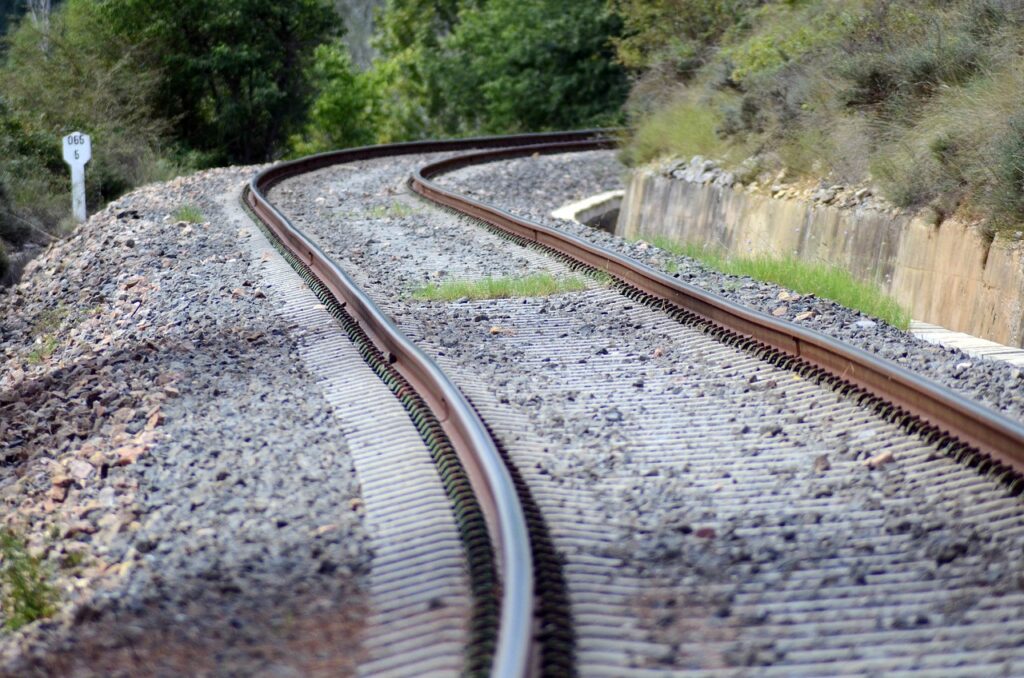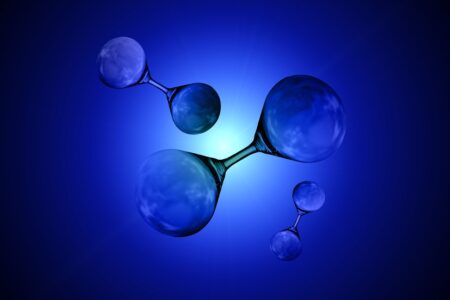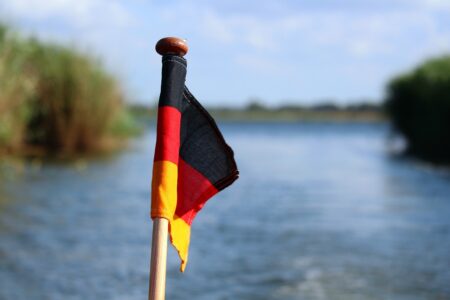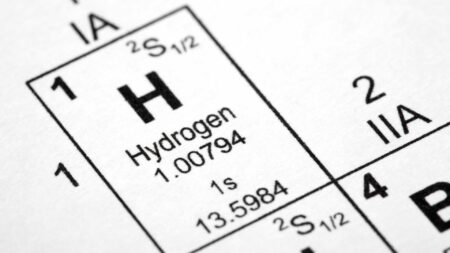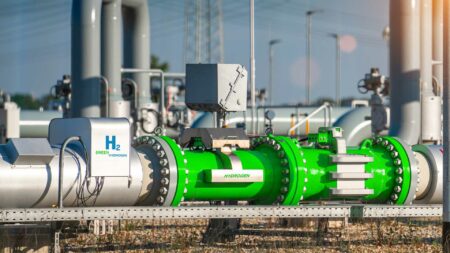Germany’s rail network is undergoing a significant transformation as Deutsche Bahn (DB) explores hydrogen fuel cell technology to replace diesel locomotives on non-electrified routes.
The “H2goesRail” project, in collaboration with Siemens, is a promising step towards sustainable rail transport. However, the initiative faces several challenges, including infrastructure limitations and energy efficiency concerns.
Deutsche Bahn has initiated its first hydrogen filling station in Tübingen as part of the “H2goesRail” project. The goal is to test a Siemens locomotive with a hydrogen fuel cell drive on routes without overhead lines, specifically between Tübingen, Horb, and Pforzheim. Hydrogen is produced on-site, compressed, and stored for use, with refueling times comparable to those of diesel trains. Another hydrogen filling station is planned for Augsburg in 2024, with subsequent stations and routes expected by 2026.
The production of hydrogen for these trains relies on electricity, primarily sourced from Germany’s overhead line network. Currently, 68% of this electricity comes from renewable sources, and DB aims to achieve climate neutrality by 2040. While hydrogen offers a cleaner alternative to diesel, it is less efficient than battery-powered trains. According to Greenpeace, hydrogen trains are 80% more expensive over a 30-year lifespan and lose 60% of the energy during the conversion process from electricity to hydrogen and back.
Greenpeace advocates for battery-powered trains over hydrogen ones, citing cost and efficiency advantages. Battery trains are more energy-efficient and have lower operational costs. However, DB’s open-technology approach acknowledges the need for diverse solutions. The decision on whether to use hydrogen or battery trains often lies with local transport operators rather than DB itself.
In Tübingen, DB is not only producing hydrogen but also testing new technologies for integrating locally generated green electricity into the rail network. This includes feeding electricity from wind and solar power directly into the overhead lines and using recycled electric car batteries for storage. Such innovations are essential for managing the fluctuating supply of renewable energy and ensuring stable rail operations.

